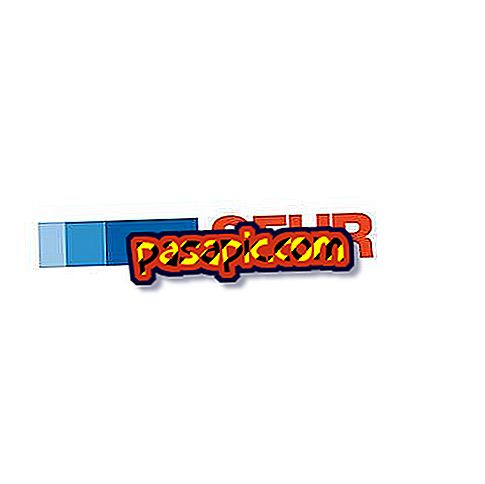How the Euribor affects my mortgage

In the current moment of economic crisis, we are all worried about how much we have to pay for our mortgage . Also, we have all heard of the Euribor, and we know that it is related to the mortgage amount, but often we do not have it too clear. Next in .com we will give some details and tips to understand how the Euribor affects our mortgage.
What is the Euribor?
The Euribor is a reference index that indicates the interest paid by financial institutions to lend money to each other, within the euro zone. That is, banks not only lend money to people and companies, but also lend money to each other, and the interest they do is marked by the Euribor. What's more, the acronyms of Euribor come from the European Inter Bank Offered Rate, which gives us an idea.
How does the Euribor affect my mortgage?
But of course, this just does not explain its relationship with mortgages. Well, their relationship is given by the fact that the interest we pay for a mortgage loan, is determined by two components . The first is the Euribor, which can not be negotiated, since it depends on the level that is in the market, and the second is the differential, which is the one we have signed with the bank and which is usually fixed.
That is, imagine that we have a mortgage with a bank, in which we have signed a differential of 1.20% interest. And the Euribor is at that time at 0.65%. This tells us that that month, we will have to pay an interest on the mortgage loan of 1.85%, although the Euribor is usually not reviewed every month, but every 6 months. Therefore, we can see that we are interested in having a Euribor as low as possible, to pay less mortgage.
How can we know the evolution of the Euribor?
Like other economic variables, whether the value of a currency or the stock market, it is quite unpredictable . We can only know with certainty the current value and the past values, but not those of the future, and in the case of the Euribor, these can vary enough in a relative short period of time.
For example, right now in the situation of economic crisis, the Euribor is very low so that, those who have to pay mortgage pay less for this, and especially with the idea of flowing mortgage credit between banks and between banks and companies to reactivate the economy.
However, just a few years ago, the Euribor reached one of its historic highs, almost 6%, in order to stop the large number of loans that were being granted by banks.
I hope that this article has helped you to understand a little more the functioning of this economic variable. If you liked it or think it could improve, value it!


